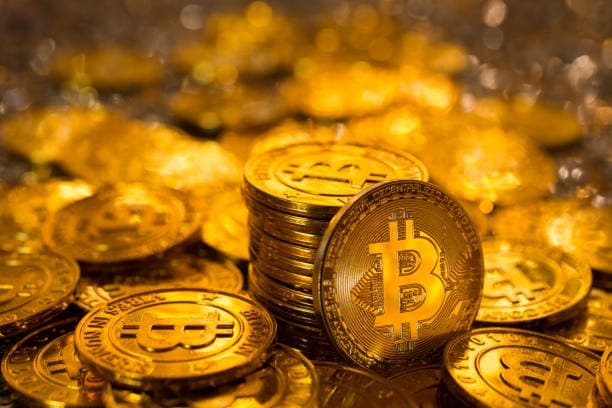Imagine a world where transactions are borderless, fees are minimal, and control over your money is entirely in your hands. Sounds like a utopian dream, doesn’t it? Well, welcome to the world of bitcoin. This digital currency, often misunderstood and underestimated, might just be the future of money as we know it.
The Birth of Bitcoin
Bitcoin, a term that once sounded like a buzzword from a sci-fi novel, has now become a household name. Born out of the 2008 financial crisis, Bitcoin was created by the pseudonymous Satoshi Nakamoto as a response to the centralized banking system’s failures. It was designed to be decentralized, meaning no single entity controls it, making it a peer-to-peer electronic cash system. This revolutionary concept has opened the door to a new era of financial freedom.
The Power of Decentralization
Centralization is the norm in our current financial system, with banks and governments holding the keys to our money. Bitcoin, however, operates on a decentralized blockchain network, which is a public ledger recording every transaction. This transparency ensures that no one can manipulate the system for personal gain. The power of decentralization lies in its ability to prevent fraud and corruption, making Bitcoin a more secure and trustworthy option.
Bitcoin and Inflation
Inflation is a silent thief, eroding the value of money over time. Traditional currencies are subject to inflation as governments print more money to stimulate the economy, leading to a decrease in purchasing power. Bitcoin, on the other hand, has a capped supply of 21 million coins, making it a deflationary currency. This scarcity ensures that Bitcoin’s value is more likely to appreciate over time, providing a hedge against inflation.
Bitcoin as a Store of Value
Gold has long been considered a store of value due to its scarcity and resistance to decay. Bitcoin shares these qualities, and with its digital nature, it’s even more accessible and divisible. As the world becomes more digital, Bitcoin’s role as a store of value is only set to grow. It’s not just a currency; it’s an asset that can be held and traded, much like gold, but with the added benefits of being easily transportable and verifiable.
Bitcoin and Privacy
Privacy is a fundamental human right, and Bitcoin offers a level of financial privacy that traditional banking systems cannot match. While transactions are transparent on the blockchain, the identities of the users are protected by pseudonyms. This allows for a level of anonymity that is essential in a world where data breaches and surveillance are becoming increasingly common.
Bitcoin and Accessibility
One of the most significant barriers to financial inclusion is the lack of access to banking services. Bitcoin, however, can be accessed by anyone with an internet connection. This opens up opportunities for billions of unbanked individuals worldwide, providing them with a way to save, invest, and transact without the need for a traditional bank account.
Bitcoin and Volatility
While Bitcoin’s volatility is often cited as a drawback, it’s important to remember that it’s still a relatively young asset class. As Bitcoin matures and becomes more widely adopted, its volatility is expected to decrease. In the meantime, it offers an exciting opportunity for investors looking to diversify their portfolios and potentially reap significant returns.
Bitcoin and the Environment
The environmental impact of Bitcoin is a hot topic, with concerns about the energy consumption of mining. However, developments in renewable energy and more energy-efficient consensus mechanisms are being explored to mitigate these concerns. As the technology evolves, Bitcoin has the potential to become more sustainable, aligning with global environmental goals.
The Future of Bitcoin
As we look to the future, Bitcoin’s potential to revolutionize the way we think about and use money is undeniable. It’s not without its challenges, but its innovative nature and the growing community behind it suggest that Bitcoin is here to stay. Whether it completely replaces traditional currencies or simply becomes a part of a diverse financial ecosystem, one thing is clear: Bitcoin is shaping the future of money.
So, is Bitcoin the future of money? It’s a question that sparks debate and intrigue. But one thing is certain, Bitcoin has already changed the financial landscape, and its influence is only set to grow. It’s time to embrace the possibilities and consider how Bitcoin might fit into our financial futures.












+ There are no comments
Add yours